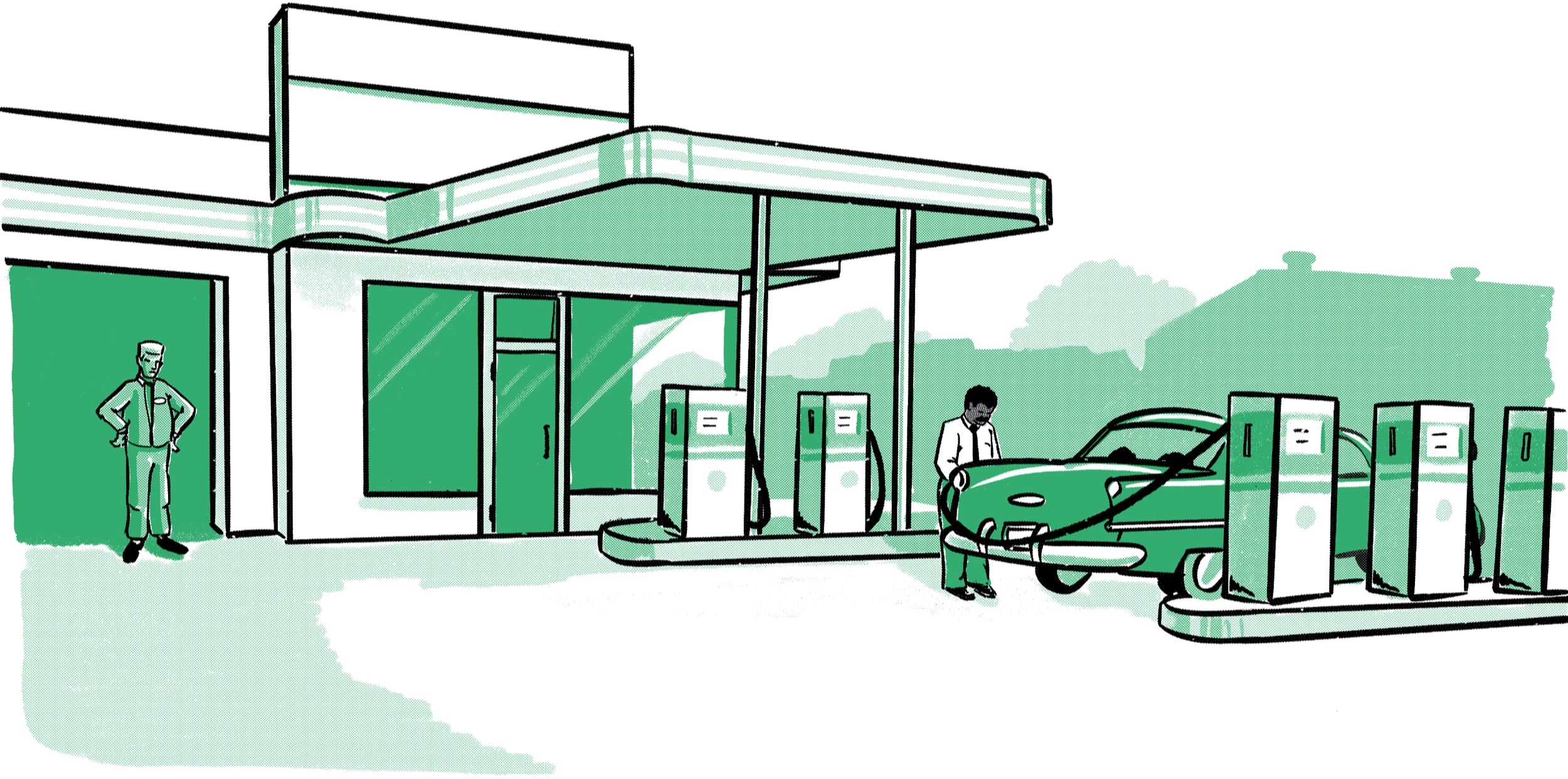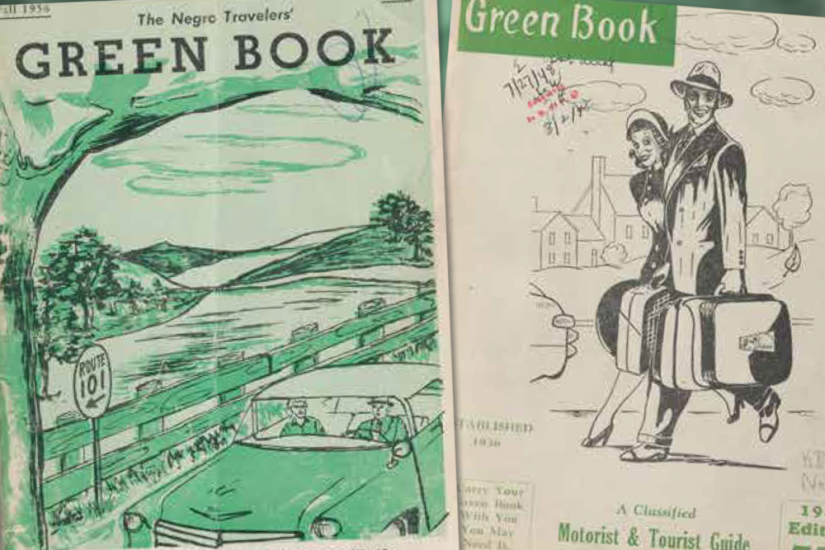As a young unmarried Army officer fresh from combat in Korea, my father bought a brand-new, baby blue 1954 Chevrolet. He told me he was once refused service at a gas station in a rural area of his home county with these words: “N****r, if you want that car, you better get it the hell out of here!”
Travel farther away from home offered even more opportunities for insult and inconvenience. Laws and customs varied not only from state to state but also from town to town. Black travelers had to be alert to variations in the landscape and changes in driving practice, especially among fellow black motorists.
In some places in the Deep South, for example, black motorists were forbidden to pass white ones for fear that dust from the black-owned vehicle might soil a white-owned car. The dreaded “sundown towns,” which prohibited the presence of black people after dark, some with roadside signs which came right out and said so. Sociologist James Loewen, author of the 2006 book Sundown Towns, said most read, ‘N****r, Don’t Let the Sun Set on You in _____________.” And they were not limited to the South. One in Connecticut read: “Whites only within the city limits after dark,” he said. There were thousands of such towns and cities across the country, according to Loewen.
Even if you managed to avoid such places, there were still the stressful demands of dealing with bodily needs, including eating and bathroom breaks. And what if you had children along?

Michael Lomax, the former Atlanta elected official who now serves as president and chief executive officer of the United Negro College Fund, grew up in Los Angeles but took many extended road trips as a child with his mother, the intrepid journalist Almena Lomax, and his siblings.
“You were always in this vulnerable position,” he says. “You were always fearful of an ugly confrontation and rejection — and conscious of how dangerous the environment was. You never knew when it would turn from benign to virulent and violent.”

